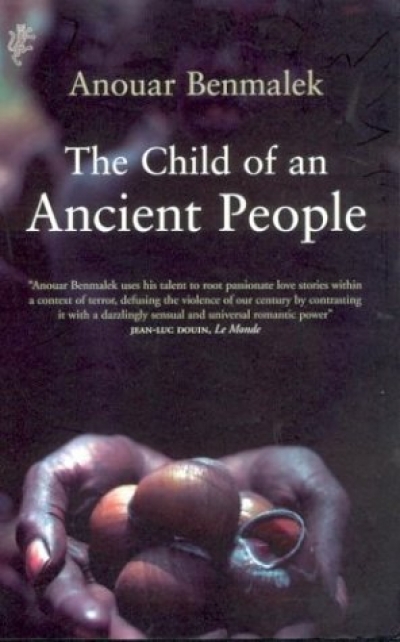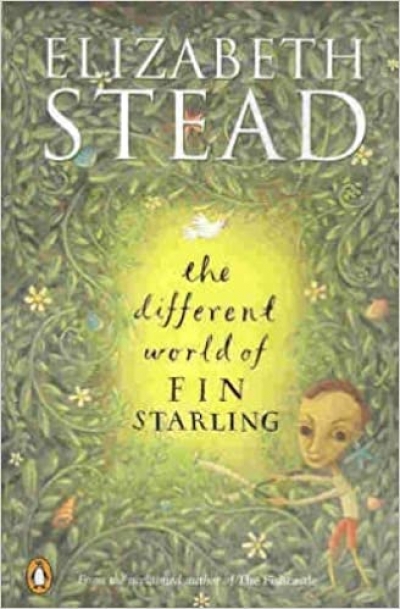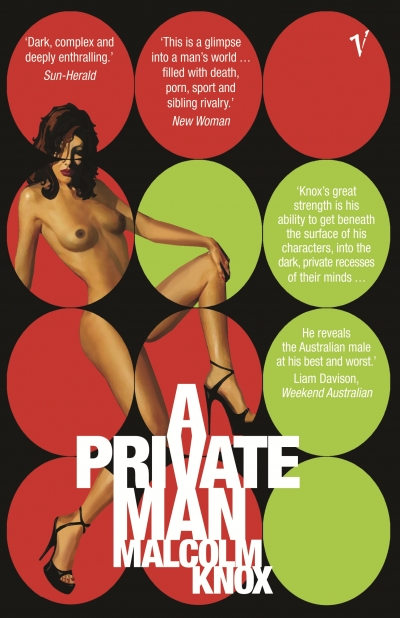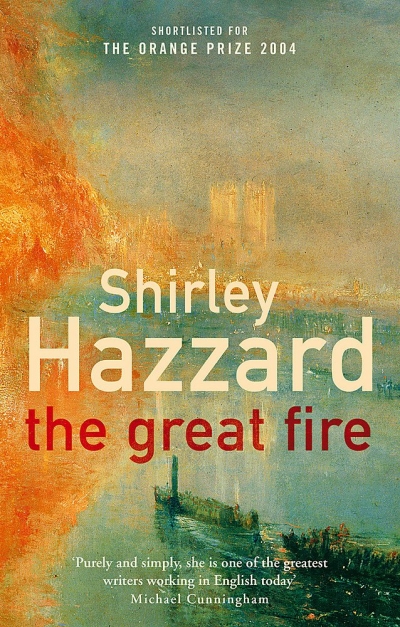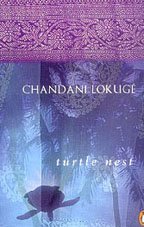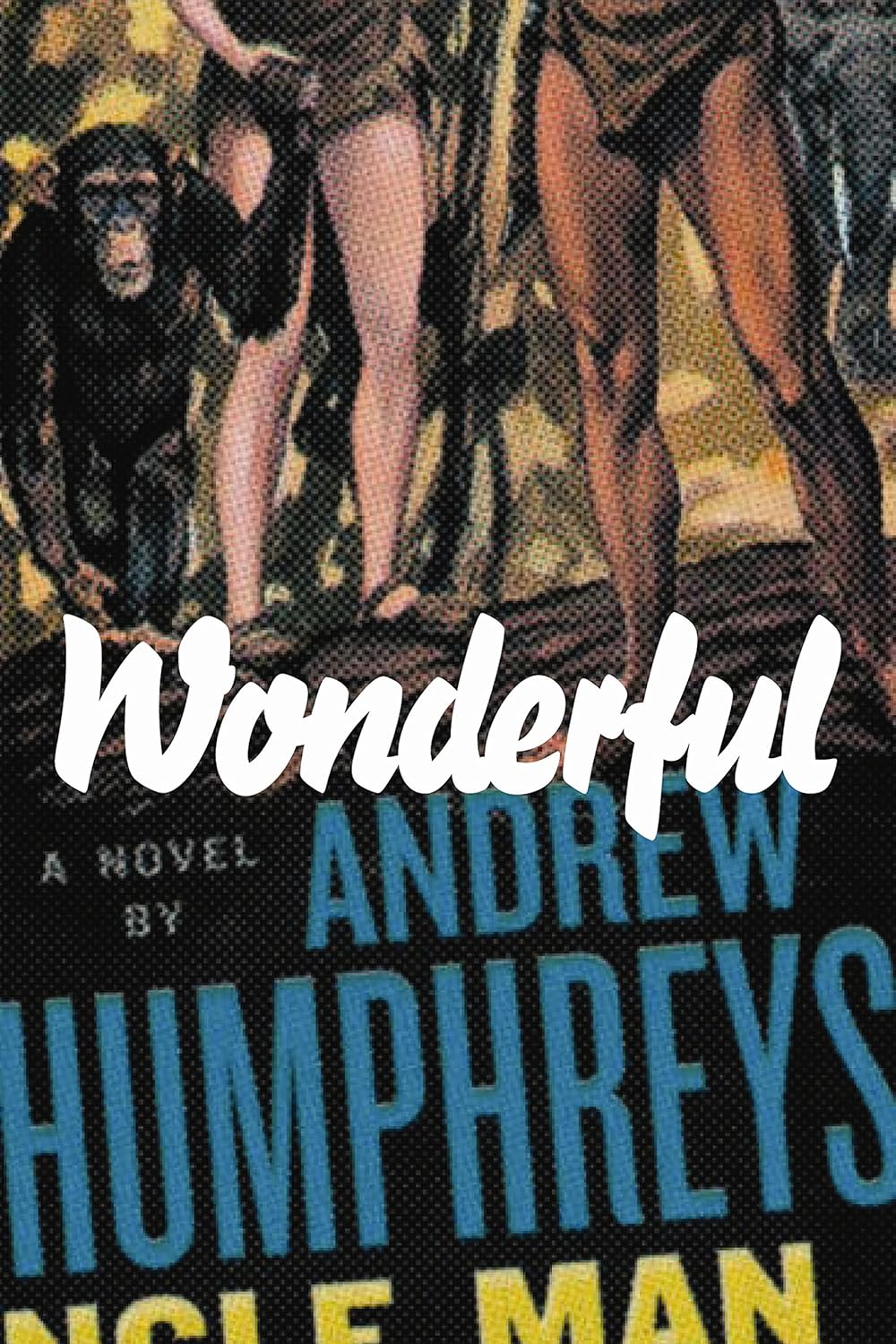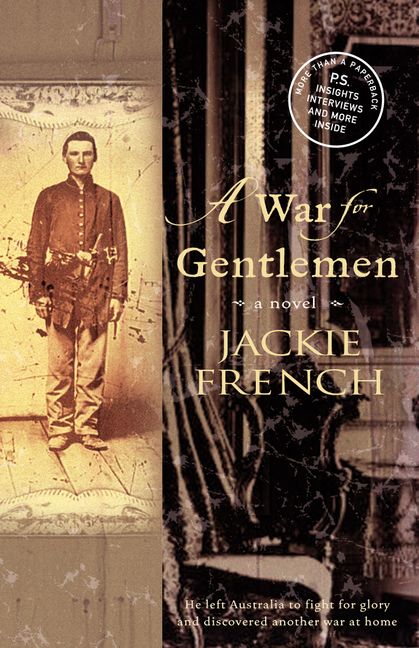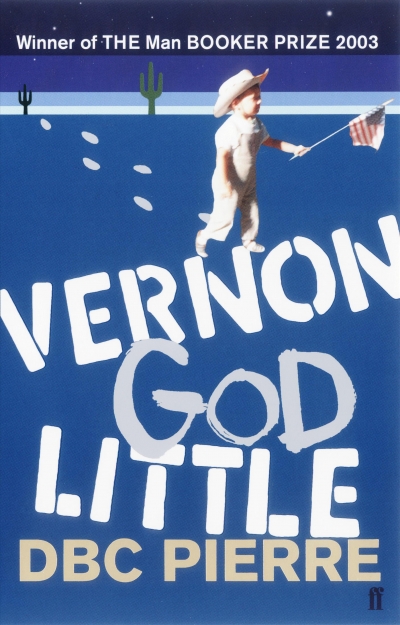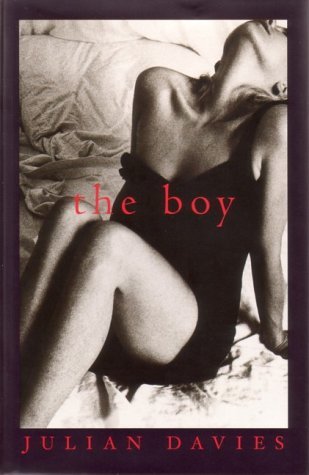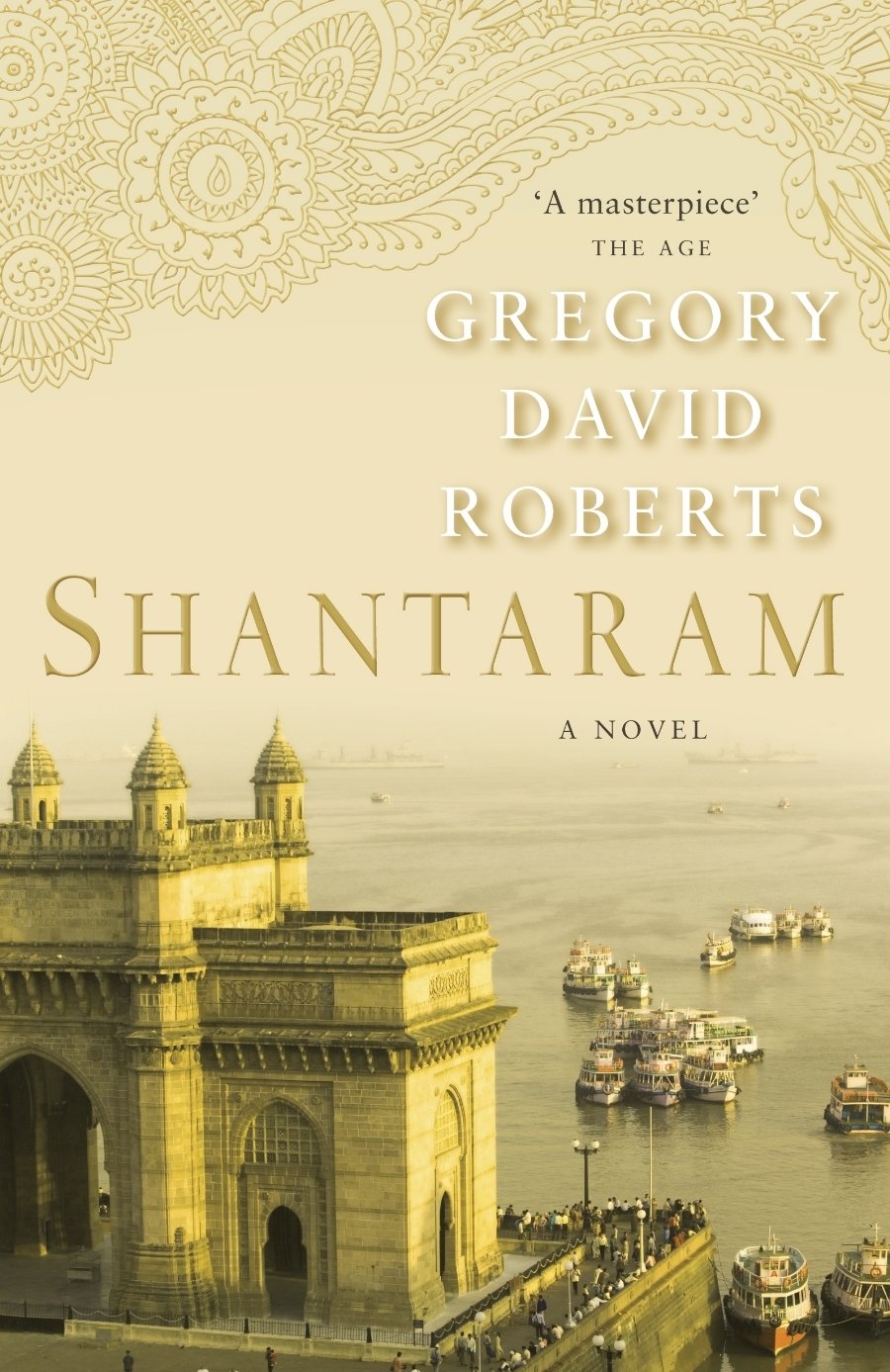Fiction
The Child of an Ancient People by Anouar Benmalek (translated by Andrew Riemer)
At once extravagant and tightly wrapped, this novel reinforces the view that historical fiction says as much about the present and the future as it does about the past. At the level of history proper, Anouar Benmalek’s vision unites three continents that, in the second half of the nineteenth century, are subject to the depredations of European colonialism and domestic tyranny. At the human level, his fiction is preoccupied with the bodily functions and basic needs of survival: things that never change. The broad, impersonal sweep of world history is made up of the infinitesimally small transactions of the primal scene: copulating, defecating, vomiting, bleeding, all driven by the elemental forces of fear and desire, violence and conscience.
... (read more)Wagner’s Creek is a rundown seaside village full of fibro shacks, rubbish and the ‘dirt poor’: ‘Their boredom and despair was as high as the dry grass in their yards and as deep as the ruts in the road – and their hearts seemed as broken as their hanging gates and peeling fences.’ Elizabeth Stead’s other novel, The Fishcastle (2000), was also set in a seaside village where, as in Wagner’s Creek, strange things happen. Time goes more slowly in Wagner’s Creek, and the weather is different from everywhere else.
... (read more)Gabriel García Márquez once said that all of us lead three different lives simultaneously: public, private, and secret. In his second novel, A Private Man, Malcolm Knox explores two very secret recesses of the modern Australian male’s experience: porn and sport. That both these spheres also have a very public face merely allows for these secret experiences to be played out in front of a paying audience as either tragedy or farce, or sometimes both.
... (read more)London seen through a haze of smoke and fire in J.M.W. Turner’s famous painting, The Burning of the Houses of Parliament, is the evocative cover image for Shirley Hazzard’s long-awaited novel. The Great Fire comes twenty-three years after Hazzard’s brilliantly composed, witty, and ultimately tragic work ...
... (read more)Chandani Lokugé’s second novel touches on a theme common to such varied texts as Michel Houellebecq’s Platform (2002) and Alex Garland’s The Beach (1997): the Western fascination with, and exploitation of, the communities of beautiful Asian beaches.
Turtle Nest takes the postcard-perfect idyll of a Sri Lankan beach as the setting for a far from idyllic tale about exploitation and family tragedy. Aruni journeys to this beach from Australia in order to find out more about the history of her mother, Mala, but her pilgrimage does not give her peace.
... (read more)An author who calls his book Wonderful is asking for trouble. He is either very confident or unusually foolhardy. Andrew Humphreys’ second novel has some ‘wonderful’ things in it, but it is ultimately too much of a good thing: it is too long, and tries to cover too much ground. I know nothing of his first novel (The Weight of the Sun, 2001), but one thing that strikes this reader is that few Australian novels betray as little of their author’s country of origin as this does. Wonderful could as easily have been written in California or Hungary, to choose two of the novel’s locations. This seems to me to be a matter for praise; there is no reason why Australian novelists should be doggedly bent on explaining their country to their readers. In a grown-up country, authors, like filmmakers and artists, should locate their work and their themes wherever inclination leads them. Nationalism is one of art’s corsets.
... (read more)At one point in A War for Gentlemen, a school-teacher is reading Uncle Tom’s Cabin to her class in rural New South Wales in 1872. Seven-year-old Annie Fitzhenry excitedly announces that her father had fought for the North during the US Civil War. When the teacher subsequently visits Annie’s home, both she and the child are abruptly undeceived. Charles Fitzhenry is indeed a veteran of that war, but had served in the Confederate army.
Harriet Beecher Slowe forcefully argued that the disintegration of the families of slaves was perhaps the most pernicious aspect of slavery. In French’s novel, it is racial prejudice that separates parents, children and siblings – tragically, because entirely unnecessarily.
... (read more)‘The fucken oozing nakedness, the despair of being such a vulnerable egg-sac of a critter, like, a so-called human being, just sickens me sometimes, especially right now. The Human Condition Mom calls it. Watch out for that fucker.’
The speaker of these lines, fifteen-year-old Vernon Little, is a literary descendant of Huckleberry Finn.
... (read more)The heroine of Julian Davies’s fifth novel, The Boy, which is set in New York in 1956, is a nightclub singer originally from Australia. The boy of the title, almost half her age, is Zimzam Taylor. They are both outsiders. Marian’s life in New York is a kind of exile, in which she is closest to those she has left behind, such as her painter-husband André and her insistent, disapproving aunt Flavia, whom she left behind on the estate outside Canberra in order to sing in wartime London. Zimzam, as she learns when she picks him up and takes him back to her hotel, is an orphan whose family died in a fire. Now he is a creature of the city:
... (read more)One of the hardest things a reviewer can be asked to do is to produce copy about a book that is so beautifully done that commentary on it seems both ridiculous and vaguely offensive. That is my predicament here. It is with a certain wry delight that I can report that this is the second time I have been in this position in recent months. The other book was a first novel, too. It is tremendously heartening to know that creative writing not merely good but of the highest order is being produced in these dismal times.
... (read more)

